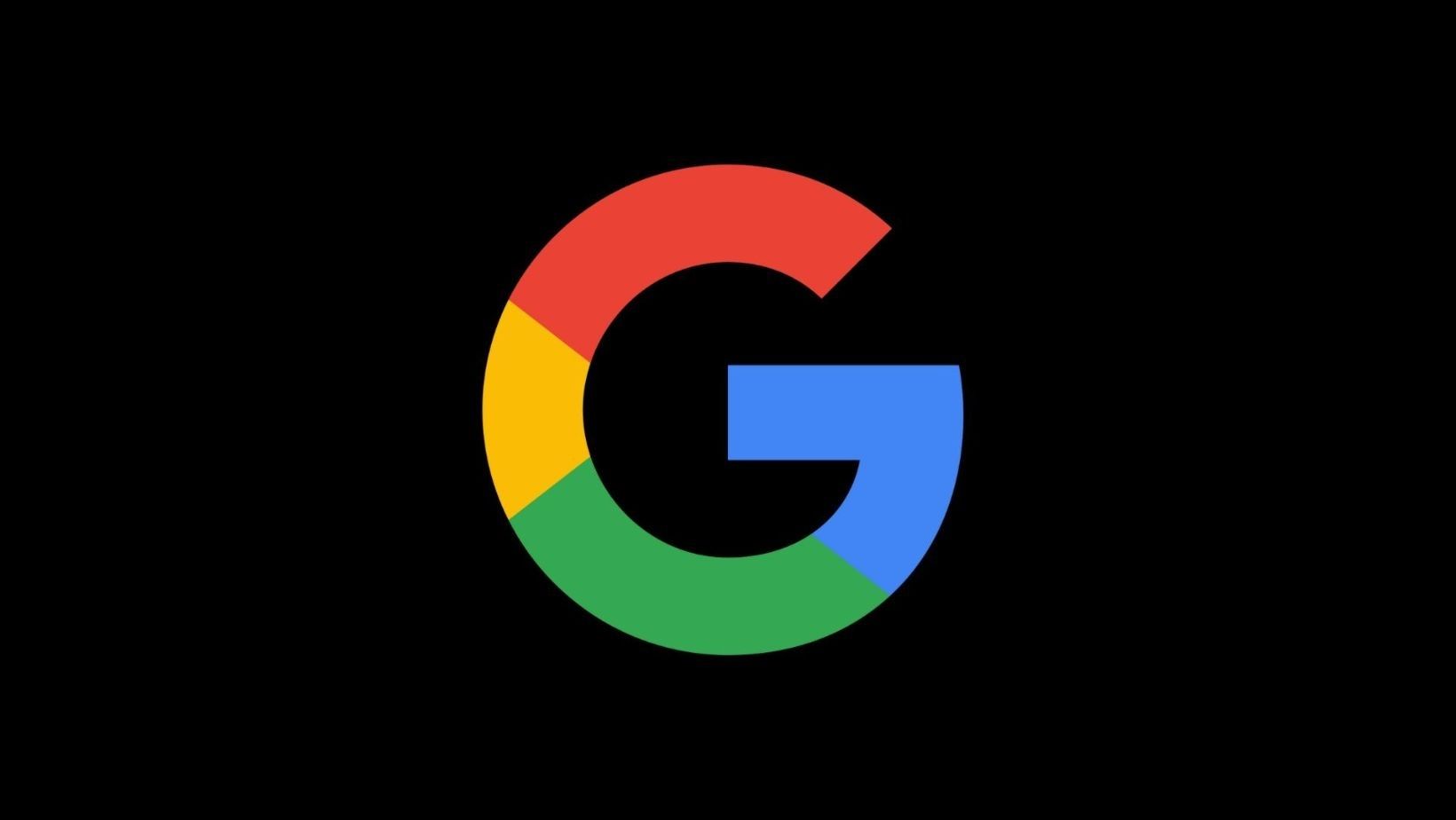
Dissecting Google’s Latest Core Algorithm Update A Game-Changer for Search
If you've been keeping an eye on the online world, then you've probably heard about Google's recently announced Core Algorithm Update for Search and its projected impacts on the digital landscape. In an era where the internet resembles both a colossal library and a bustling marketplace, any changes to Google's search function can echo profoundly through millions of online entities. Whether you're a casual internet user or a battle-hardened SEO expert, it’s crucial to stay informed about these
algorithm shifts as they represent game-changers of epic proportions.
To begin with, let's clarify exactly what we mean when we discuss "Google’s Core Algorithm Updates." Google’s algorithm is a complex system used to fetch data from its search index and instantly deliver the most relevant results for a query. This sophisticated system uses a set of algorithms that analyze myriad factors like keywords, relevance, and the quality of content.
Google strives to improve search quality constantly. As a result, it rolls out minor updates daily – usually silently and without causing significant disruption. However, several times each year, Google will introduce notable changes to its algorithms – often dubbed "Core Algorithm Updates". These updates often bring about consequential shifts in search rankings and how web pages are evaluated.
Google has an established tradition of maintaining close quarters with the cyberspace community. Consistent with its convention, the search engine giant recently confirmed rolling out another "broad core update." This came after weeks of speculation and chatter among those involved in SEO, who had noticed fluctuations in traffic volume and ranking positions.
This update, like its predecessors, is designed to improve Google’s ability to understand and satisfy search intent. However, Google has not just revamped its existing algorithm; it has added several new elements to the mix. According to Google, these changes should give reliable and relevant results to users, fulfilling their information needs more effectively.
One common concern linked to Google’s core algorithm updates is the potential fluctuation in website traffic. Websites can see an increase, decrease, or stagnation in their traffic, depending on how well their content aligns with the variables Google’s revised algorithm values.
It’s important to note that a traffic decline isn’t necessarily indicative of poor-quality content or a flawed strategy; instead, it might be due to an algorithm favoring different aspects of web content. Conversely, a traffic increase doesn't necessarily mean the website has significantly improved its content. It could be down to the update reflecting the website’s content and design in a more favorable light.
Details of Google’s updates are typically shrouded in some level of mystery, largely because the search engine doesn't want to influence content creation to 'game' the algorithm. Instead, it prefers focusing on fulfilling user and audience needs by providing valuable and high-quality information.
At present, Google has confirmed that the changes revolve around reading and understanding webpage content better. Armed with such information, Google can effectively provide more accurate search results tailored to the user’s query and needs.
The reworked algorithm will also emphasize E-A-T (Expertise, Authoritativeness, and Trustworthiness), which Google uses as a benchmark for measuring website quality. So, any SEO strategy going forward might want to consider bolstering these aspects.
Apart from these, Google has shed little light on the detailed technical aspects of the update. For websites, this might seem frustrating, but remember good, user-focused content that’s comprehensive, credible, and accurately answers the queries of your audience remains the backbone of ranking well in Google Search.
A crucial thing to bear in mind when adjusting to algorithm changes is not to panic. The SEO universe doesn't revolve around Google's core updates alone – it's merely a part of the vast digital cosmos. Google’s algorithms have gone through countless iterations over the years, and each iteration aims to refine and improve the search experience. Therefore, as web stewards or those involved in the creation and optimization of website content, it's our responsibility to adapt and evolve.
Give the changes some time to settle, observe any traffic shifts, analyze the data, and make informed adjustments. Patience is required, as it might take a couple of weeks for Google to fully roll out the update and even longer for us to understand its true impact.
Maintain your focus on what matters most: creating high-quality content that meets users' needs effectively. Continue to adhere to the SEO best practices – use appropriate keywords, provide easily accessible and high-quality content, and ensure your site is mobile-friendly and fast, among other things.
As Google's algorithms continue to evolve in sophistication, investing in long-term, ethical SEO strategies that prioritize your audience's needs above everything else will inevitably yield positive outcomes.
Google regularly adjusts its algorithms to meet the changing needs of users, and this broad core update is the latest in a series of iterative improvements. By improving the overall search experience, Google ensures that users get the most relevant and meaningful results in response to their inquiries.
While this update may bring some anxiety due to potential shifts in website traffic, remember to focus on providing high-quality, relevant content for your audience. By adhering to SEO best practices and continuously striving towards serving better content, Google’s broad core updates can be viewed not as disruptions but as stepping stones to a more effective SEO strategy.
Whether you're a seasoned SEO expert or a curious novice, it's our shared responsibility to embrace such changes and align our digital strategies to adapt to the ever-fluid algorithm landscape. Remember: adaptation and commitment to creating high-quality content are the keys to succeeding in this realm. After all, as the internet evolves, so too must we.
